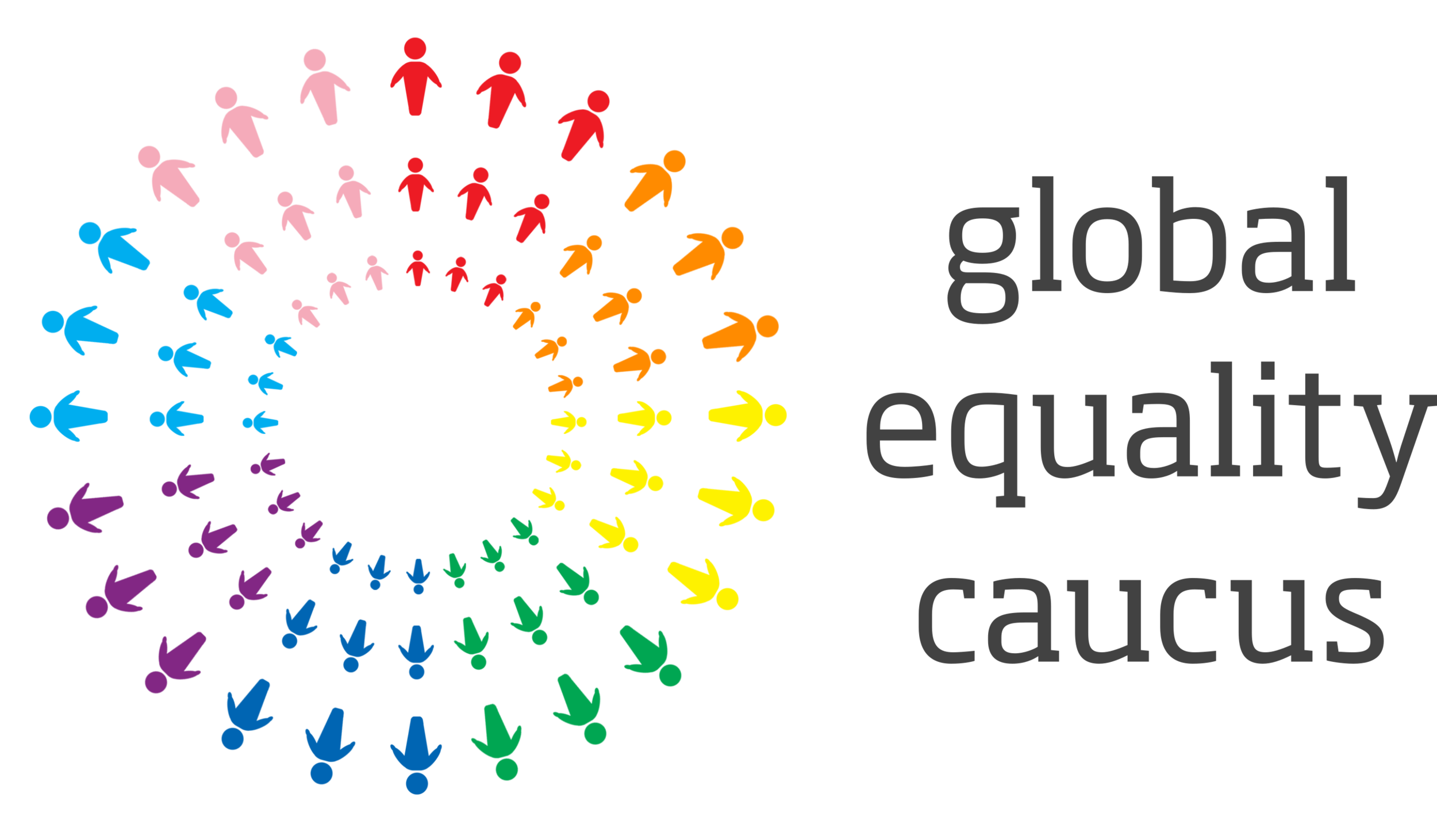GEC convenes legislators in Nepal to advance conversation on LGBT+ rights
Global Equality Caucus (GEC) meeting held during the ILGA Asia Conference in Kathmandu
By Ryan Figuereido, GEC Asia-Pacific Consultant
The Global Equality Caucus has convened a group of legislators in Nepal to discuss strategic priorities on LGBT+ rights in the country and wider region.
The meeting was held during the ILGA Asia Conference in Kathmandu, and was attended by representatives from the Federal Parliament of Nepal and the UN’s Independent Expert on sexual orientation and gender identity.
Nepal has demonstrated bold leadership in the region on LGBT+ rights by including minority protections in its constitution and making provisional steps to recognise same-sex marriages, although marriage equality is yet to be codified with legislation. The meeting therefore sought to highlight how Nepal stands at a crossroads of progress, requiring a commitment from legislators to support further efforts to advance LGBT+ rights.
Legislators at the meeting reflected on what meaningful political participation for LGBT+ people could look like, with discussions focused not just on policies but on the daily struggles faced by the LGBT+ community and how lawmakers can be better advocates for equality.
The power of representation at every level
Nepal’s federal structure was designed to bring governance closer to the people, but legislators looked at how this promise remains distant for LGBT+ people. The House of Representatives, where national policies are shaped, has yet to see openly LGBT+ lawmakers driving legislative change from within. The National Assembly, meant to provide oversight, has not yet made inclusion a national priority.
The meeting therefore emphasised the importance of political leadership and how it shapes narratives, ensuring that diverse experiences are visible and afforded dignity by the country’s representatives.
A common struggle for justice
A key theme at the meeting was how discrimination of LGBT+ people intersects with other injustices. Legislators examined how the struggle for LGBT+ equality is not separate from broader struggles for social and economic justice. The meeting highlighted how demands for fair wages, caste-based and racial discrimination, and legal recognition for trans people and all linked by the fundamental question: Does Nepal’s democracy include all of its people, or only some?
The answer to that question will define Nepal’s future and whether its democratic institutions treat all marginalised groups with equal respect.
Seizing the political moment
The meeting had one eye on the upcoming general election, to be held before 2027. As Nepal’s political parties prepare their candidate lists for the next elections, they have an opportunity to lead and set a progressive agenda that reflects Nepal’s people in their diversity.
GEC highlighted the power of visibility and how LGBT+ political representation can be transformative - for example, a trans legislator with a public platform could help shape gender recognition laws and citizenship reforms by shining a light on their lived reality, or an intersex leader in parliament could be the voice that pushes for protections against forced medical interventions.
An important point that was covered was the power of allyship and how non-LGBT+ legislators can still advocate for reforms whilst simultaneously pushing for greater representation from the community itself. Politicians have an upcoming opportunity to give a platform to LGBT+ candidates, working alongside women’s rights advocates, labour rights activists and disability justice campaigners to drive policies that uplift all marginalised communities.
GEC’s commitment: building connections to drive meaningful change
GEC believes that political leadership must be built, nurtured, and given space to grow. That is why we are committed to providing platforms for dialogue, creating opportunities for mutual learning, and ensuring that legislators and policymakers engage in meaningful conversations with LGBT+ community leaders.
As we step up our engagement in the Asia-Pacific region, we see Nepal as a country with the potential to lead the region in political inclusion. We were pleased to facilitate a dialogue with legislators and provide a space for them to discuss how they can lead from the front on LGBT+ rights.
We look forward to continuing our strategic dialogue with politicians in Nepal to ensure bold action can lead to greater visibility on LGBT+ issues and an inclusive future for Nepal’s democracy.



